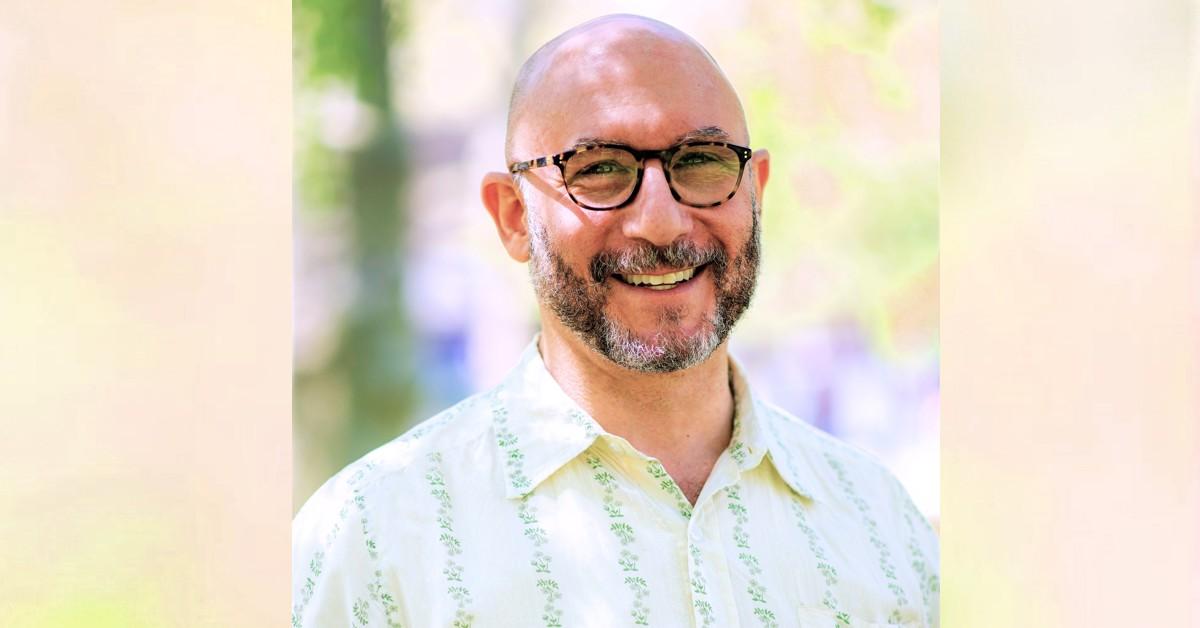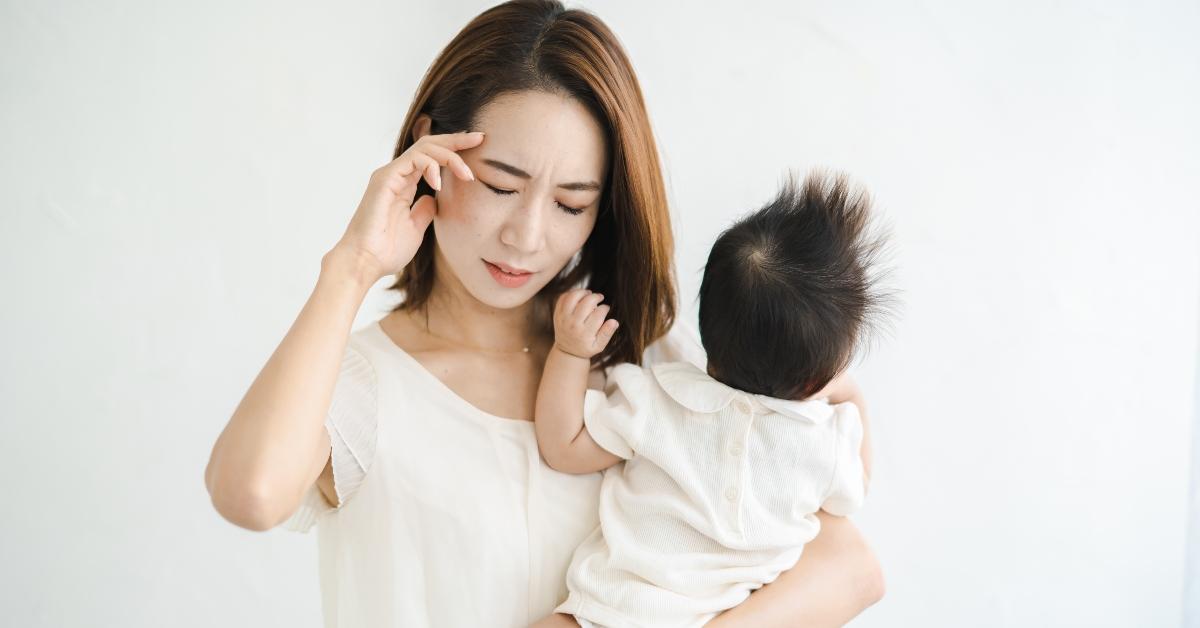Should You Use Online Anxiety Screening Tools? Why This Psychiatrist Cautions Against Them (Exclusive)
Published June 21 2023, 3:06 p.m. ET

All adults under the age of 65 should be screened for anxiety and depression, regardless of their risk factors, says the U.S. Preventive Services Task Force. The independent health task force’s recommendation was published on June 20, 2023 in the Journal of the American Medical Association.
According to the American Psychiatric Association, about 30 percent of adults experience severe anxiety at some point in their lives. It is the most common mental disorder.
The task force wants to go a step further and have doctors do routine screenings for anxiety in their adult patients. So the next time you go for your routine physical exam, your doctor may ask about your mental health along with checking your blood pressure and cholesterol.
Additionally, various free anxiety screening tools online can help assess whether you have an anxiety disorder — but is it wise to use these tools for self-diagnoses?
To learn more, Green Matters spoke via email with Dr. Grant Brenner M.D., a board certified physician-psychiatrist based in Manhattan, who also serves as State Medical Director of New York for Sol Mental Health and Assistant Clinical Professor at Mount Sinai Beth Israel.
Overall, Dr. Brenner is in favor of these new recommendations. He tells Green Matters exclusively that "given the high burden of unrecognized anxiety disorders and the impact on physical and psychological health," making anxiety screenings more routine would be "a net positive."
Dr. Brenner also thinks this will help raise "awareness about mental health issues and ... bring attention to the importance of recognizing and treatment these issues, as well as helping individuals identify unmet needs."
Furthermore, he points out that more frequent screenings "will also help determine the true need for expanded mental health services to assist in developing greater resources in an under-served area, across the age range."

Depression, anxiety, and suicide rates have increased.
Mental health concerns have increased during the early 21st century. The National Institute of Mental Health estimates that 21 million adults in the U.S. had at least one major depressive episode in 2020, an increase from the 19.4 million in 2019 reported by the task force.
Women are twice as likely as men to suffer from depression, the task force reports in its data. Young adults, multiracial individuals, and Native Americans also have higher rates of depression.
The task force stressed the particular importance of mental health screenings for pregnant people and those who’ve given birth within the past year. Self-reported depression during pregnancy for women increased from 11.6 percent in 2016 to 14.8 percent in 2019, the task force reports.

The Centers for Disease Control and Prevention (CDC) reports that suicide is one of the leading causes of death in the country. In 2021, over 48,000 people died by suicide, 1.7 million adults attempted suicide, and 12.3 million seriously thought about suicide, the CDC reports.
However, the task force’s recommendations stopped short on whether screenings can sufficiently assess suicide risk in adults. The group concluded that “current evidence is insufficient to assess the balance of benefits and harms of screening for suicide risk in the adult population, including pregnant and postpartum persons.”
"We are urgently calling for more research to determine the effectiveness of screening all adults for suicide risk," task force member Dr. Gbenga Ogedegbe, professor of population health and medicine at New York University, said in a statement.
Should you be using anxiety screening tools?
Dr. Brenner cautions people from using online anxiety screening tools for self-diagnosis.
"I recommend people who are concerned that they may have clinically-significant anxiety consult with primary care, or a qualified mental health clinician for screening," Dr. Brenner tells Green Matters.
"Self-screening carries risks including provoking problematic reactions in the absence of available care, and inaccurate or misleading self-diagnosis, which is associated with negative effects on self-image and quality of care," he adds.
That said, several free anxiety screening tools are available.
Because Dr. Brenner does not recommend using the free anxiety screening tools online, we caution against it, as well.
However, it's understandable that some folks who are, well, anxious that they may have anxiety, may not be able to resist. If you are certain that you want to take one of these tests, we can't stop you, and we're here to prepare you — just make sure to consult with a therapist as well.
Here are a few online anxiety tests from legitimate organizations:
- Talkspace's Anxiety Disorder test
- Mental Health America's Anxiety Test
- Aetna's Anxiety check
- Anxietycentre.com's Anxiety Test Quiz
- Depression.org.nz's Anxiety test.
To give you an idea of the information the anxiety screening tools are looking for, they usually ask some variation of these seven questions (among others):
"Over the last two weeks, how often have you:
Been feeling nervous, anxious or on edge?
Not been able to stop or control worrying?
Been worrying too much about different things?
Had trouble relaxing?
Been so restless that it’s hard to sit still?
Become easily annoyed or irritable?
Felt afraid, or as if something awful might happen?"
You can answer: not at all, several days, over half the days, or nearly every day. After completing the test, some websites will require you to log in and enter your personal information.
Dr. Brenner explains that seeking professional help for symptoms of anxiety is vital, since in many cases, anxiety is a symptom of other disorders, including various medical conditions.
"As such, it's very important to seek a clinician qualified to evaluate anxiety disorders comprehensively, including both psychiatric and medical causes, and discuss appropriate treatment options," Dr. Brenner asserts.
Some good places to start searching for professional mental health help are: Zocdoc, BetterHelp, Psychology Today, and your health insurance company's website.
Additional reporting by Sophie Hirsh.